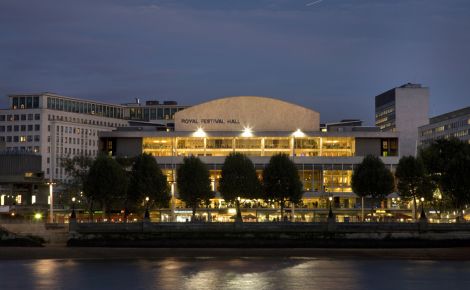Tensions simmer in London concert audience
UncategorizedFrom the weekly review by Fiona Maddocks in tomorrow’s Observer newspaper:
Feelings run high in classical music, especially now. You sense it in audience behaviour. At the Festival Hall last week, Crispin Woodhead, chief executive of the Orchestra of the Age of Enlightenment, came on stage before a performance of Bach’s Mass in B minor. The gist of his brief welcome, of which more shortly, was to thank the audience for buying tickets: in so doing, they were supporting an organisation that believes in excellence and in making music available to all. We all knew what he meant. No need to say the words “BBC” or “Singers” or “Arts Council” or “cuts”. But there was unexpected opposition. A man at the front started shouting and gesticulating. The crowd jeered back in an effort to silence him, some in language even more colourful than his own. For an instant, the atmosphere was nasty. He was escorted out. The performance began, magnificent and affecting, and the loss was his….
Read on here.






Comments